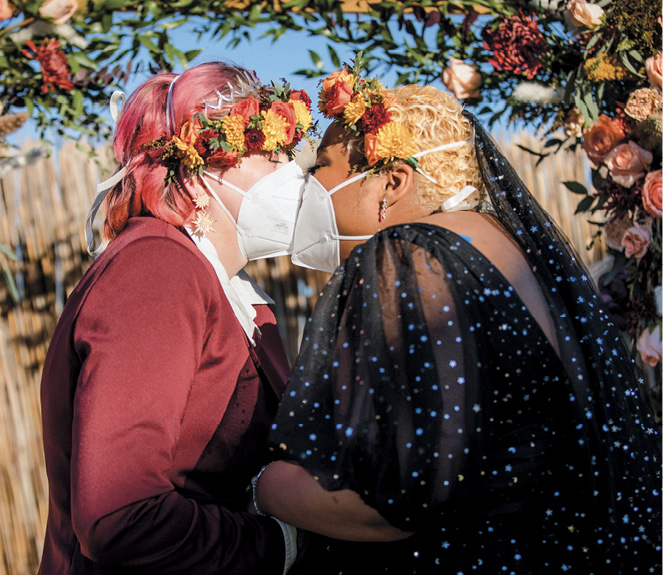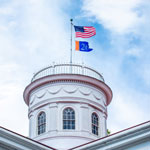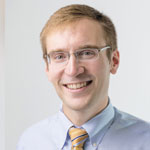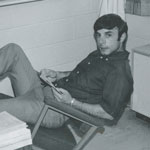

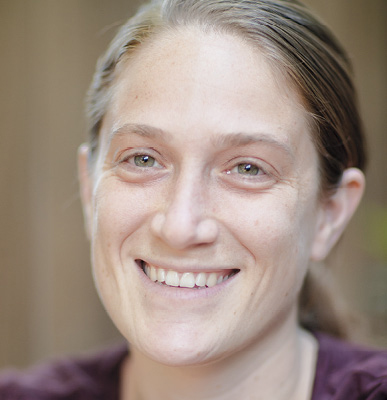
Amanda Berg
Photographer, filmmaker, and adjunct instructor of interdisciplinary studies
One of the toughest things about being a photographer or following any self-directed path that is led by creative passion is simply getting out of bed every morning confident in your purpose. It is the internal compass that directs your work, and without that structure, it can be hard to move forward.
When I reflect on my purpose, I consider what it means to be an ethical documentary photographer today and how my identity intersects with this pursuit. What I’ve found is that my purpose is not a static thing. It shifts with my needs, develops with my awareness, and is restrained by my limitations. To sustain my creative practice, I have to interpret my purpose in the present moment while accepting that it is temporary.
Lately, I find myself coming back to two ideas. First, for me, making pictures is an act of community-building. Second, I believe visibility is a lever for social progress. With this framework, I prioritize relationships over photographs and look to make images that will contribute to a more visible world.
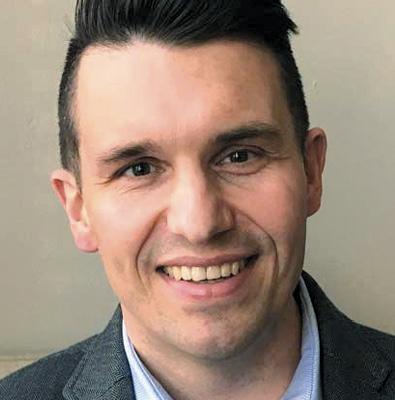
Andy Hughes
Executive director of the Garthwait Leadership Center
When I’m coaching students interested in developing leadership skills, I often ask, “So, you want to develop your leadership skills? For what purpose?”
I think about this question regularly myself. Having a clear sense of purpose is essential for the activity of leadership. Clarity of purpose not only reveals your “why” or your “raison d’être,” but it can be motivating and inspiring when facing change or adversity—it reminds you of what’s important in the moment and in the future.
Purpose in leadership must be clear for both the leader and those engaged in the leadership process. Ethical, effective, and enduring leadership—the type of leadership necessary today—requires a co-creation and shared articulation of purpose. In teams and organizations, we usually articulate this in mission and goal statements, publicizing our purpose to the world and providing guideposts for decision-making. The complexity, challenging nature, and sheer busyness of life and leadership often distract us from our purpose. Perhaps the simple question—“For what purpose?”—can help us and our teams remember what matters most.
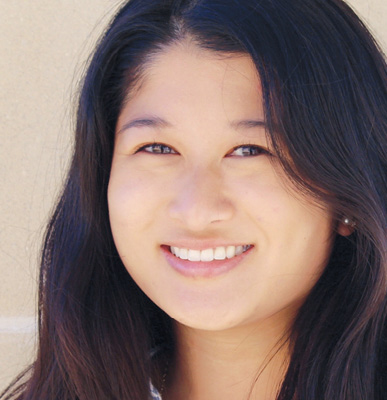
Syd Quan ’22
Outgoing Student Senate president, biology major, and peace and justice studies minor
Purpose is constant. It’s in everything we do—it’s the choices we make and the decisions we blindly make. Even when you don’t do things “on purpose,” there was still an intention behind your action.
I find it to be one of the most difficult parts of leadership, and I still feel self-conscious every day when I am put in a position to take charge of a situation. Whether big or small, our decisions reflect our purposes in every role. A sense of purpose drives our outcomes and inspires others to find meaning in their own plans. It encourages us to persist through any obstacle we encounter, influencing us to make the best decisions we can for ourselves.
As Student Senate president, I always said, “We have two ears and one mouth, so we should be listening more than we talk.” This allows everyone in the room to determine their purpose before acting. We then find ourselves regrouping around a certain vision and incorporating feedback that intentionally fosters an environment for each member to live up to their fullest potential.
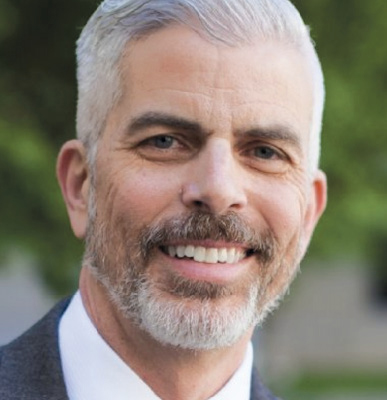
Seth Statler ’83
Director of government affairs at the National Fire Protection Association
Purpose is what drives us. The dictionary defines it as “determination” and “resoluteness,” but I prefer to think of it as why we get up in the morning.
I found my purpose early in my career when a U.S. senator asked me to help our nation honor firefighters killed in the line of duty. We designated a stunning memorial in Emmitsburg, Maryland, and created a congressionally chartered foundation to help the families left behind. Thirty years later, I remain very involved with the National Fallen Firefighters Foundation, and I run the D.C. office of the National Fire Protection Association.
As an economics major who received an MBA in marketing, I explored lucrative jobs with big companies. But through classes and internships, I found my passion was to influence public policy and help others. A long career as a government executive at U.S. Customs and Border Protection and NASA combined with a lifetime of volunteer service proved more rewarding than big salaries. Having purpose in your life makes waking up each day a whole lot brighter.
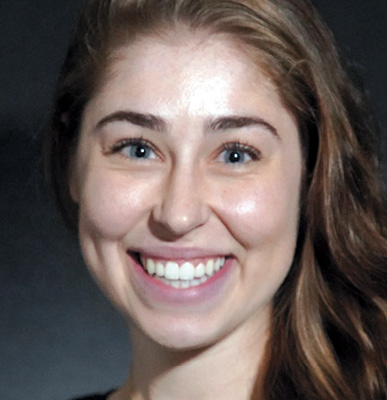
Carly Strelez ’14
Ellison Institute cancer biology postdoctoral scholar
As a cancer biology research scientist, I am routinely challenged to synthesize information and form strategies to test new hypotheses. I spent graduate school trying to understand why tumor cells spread throughout the body to help patients—a very purposeful learning objective. However, my Gettysburg experience made me a lifelong learner because it taught me how to think, instead of what to think.
As with any science major, there was a lot of memorization, but there were also problem-solving exercises that forced me to apply what I was memorizing. My classes outside my major then reinforced the concepts of crafting and discussing an opinion and receiving feedback.
At the time, I thought my science classes gave me purpose because I was learning facts that would be useful in a medical career, and the humanities classes were full of interesting topics to make me a well-rounded individual. But now I realize it was learning how to critically think across subjects that really motivated me to pursue a Ph.D. and build a meaningful career in scientific research.
Have you led a life of purpose? Share your stories of service by emailing alumnimagazine@gettysburg.edu.
Edited by Phoebe Doscher ’22
Posted: 11/03/22
